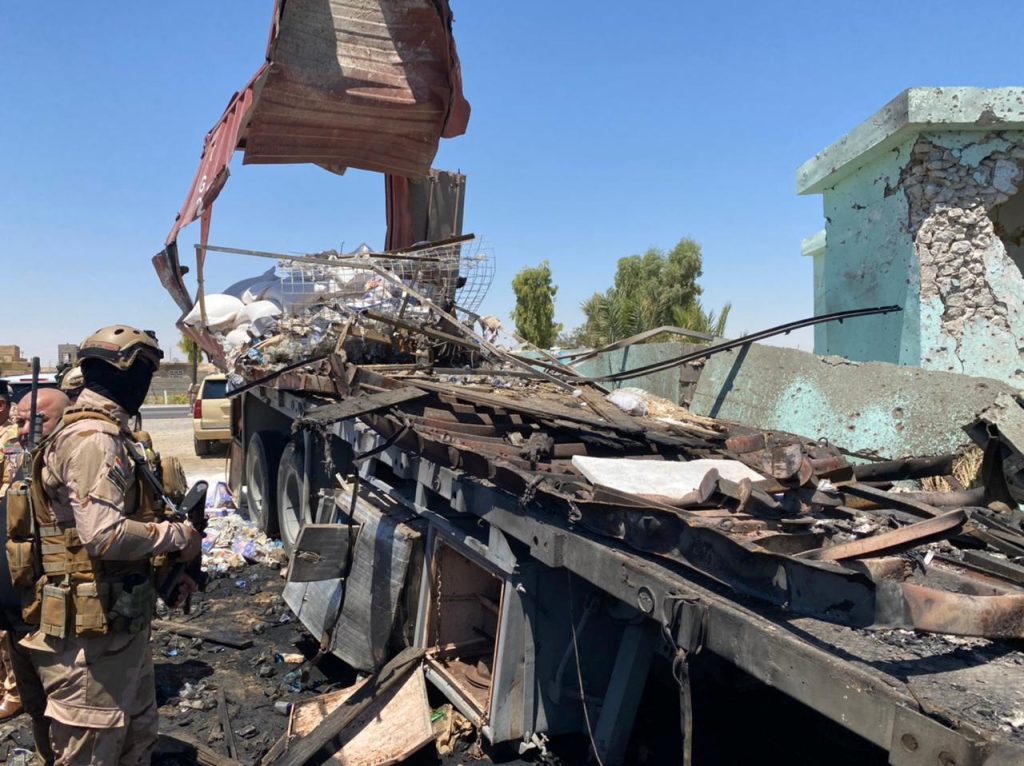The U.S. President Donald Trump has described Iran’s recent retaliatory missile strike on American military bases in the Middle East as “very weak,” confirming that there were no American or Qatari casualties. Trump also thanked Iran for providing an early warning before the strike—an action that allowed the U.S. to take precautionary measures and reduce potential harm.
Trump’s remarks came just days after U.S. airstrikes targeted three key Iranian nuclear facilities—Fordo, Natanz, and Isfahan—escalating a tense standoff between Washington and Tehran. However, his latest comments suggest a possible de-escalation, stating, “Perhaps Iran can proceed to peace and harmony in the region. And I will enthusiastically encourage Israel to do the same.”
This is a marked shift in tone from Trump’s earlier suggestion of possible regime change in Iran. The President’s unpredictability continues to define U.S. foreign policy, as he had been advocating for nuclear negotiations with Iran only hours before ordering the airstrikes.
Meanwhile, UK Prime Minister Sir Keir Starmer has issued a serious warning to British households about the potential risk of a broader conflict, including the possibility of World War III. Speaking from his official Chequers retreat, Starmer said:
“That’s a risk to the region. It’s a risk beyond the region, and that’s why all our focus has been on de-escalating, getting people back around to negotiate what is a very real threat in relation to the nuclear programme.”
He clarified that the UK had no direct involvement in the U.S. airstrikes but was given advance notice by American officials, in line with the close security partnership between the two nations.
“We have been moving assets to the region to make sure we’re in a position to protect our own interests, our personnel and our assets, and, of course, those of our allies,” Starmer added.
Read Also:
Iran launches attack on U.S base in Qatar as middle east crisis escalates
UK on high alert as Iran threatens retaliation following US strikes
US lobby China to stop Iran from closing strait of Hormuz
Iran’s retaliation, which targeted U.S. forces at Al Udeid Air Base in Qatar, has raised regional tensions. The attack followed prior notice from Tehran—a strategic decision interpreted by analysts as an effort to avoid massive casualties while making a show of force. The move was quietly acknowledged by Washington as a gesture of restraint.
While the military and diplomatic signals from both Iran and the U.S. remain mixed, many analysts now speculate whether this moment presents a critical off-ramp—an opportunity for all sides to step back from the brink and reengage in diplomacy.
As global powers monitor the unfolding crisis, the international community waits anxiously, hoping for a peaceful resolution to one of the most dangerous flashpoints in recent history.
Stay tuned with New Daily Prime for verified, real-time coverage of this developing story.



